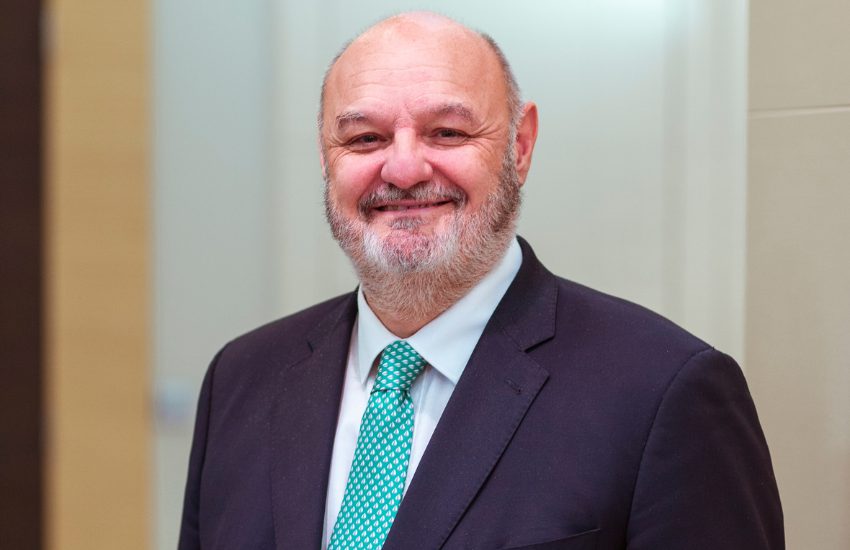José María Méndez, CEO of CECA
The coronavirus crisis altered something that seemed immutable: our daily lives. What we took for granted became uncertain, and as a society we were in danger of losing our cohesion. In this context, CECA's member entities, putting into practice their profound social vocation, implemented a series of measures (mortgage moratoriums, elimination of commissions, advance payment of pensions and unemployment benefits, guaranteed loans, etc.) designed to alleviate the situation of the most vulnerable groups. Having overcome that difficult period, we are now facing a different moment, where the economic context has become an opportunity to transform our productive fabric through the European Union's Next Generation initiative. Since the launch of the National Recovery, Transformation and Resilience Plan, which articulates the arrival of these funds in Spain, the banking sector has conveyed to the public administrations that our role could be very useful here. Firstly, because of our high degree of capillarity (we have a network of more than 23,000 bank branches, of which more than 10,000 belong to the CECA sector). Secondly, due to our expert knowledge of both large corporates and SMEs in the different sectors of activity, as well as of the most suitable financial instruments to ensure that funds reach the real economy. And thirdly, due to our experience in analysing investment projects and our extensive digital infrastructure at the service of customers, which would facilitate the process of distributing these funds. A channelling task which, in combination with additional financial measures, could generate a multiplier effect geared towards maximising the impact of these resources on the national economy.
Public-private sector collaboration is undoubtedly one of the keys to ensuring the proper inflow of these resources and the transformation of our productive fabric. This is an even greater challenge at this time, given that public administrations are facing the challenge posed by decentralisation and, therefore, the structuring of these resources throughout the territory. The banking network can help to ensure homogeneous distribution, favouring equal opportunities, regardless of geographic location.
In this context, we are working with the government to find the most appropriate way for the sector to assist in the deployment of the second phase of the aid programme, which involves European loans worth up to €84,000 million.
We are facing a unique opportunity to move forward as a country and address our structural problems. In this regard, the banking sector is willing to do its utmost to serve society. The goal is simple, although ambitious: to build a better tomorrow, one that includes everyone, and that lays the economic and social foundations for the future. We have a lot at stake in this endeavour as a country and even as part of a supranational European project, but I am sure that by working together we will make this programme a success, facilitating the sustainable transformation of the Spanish economy.













